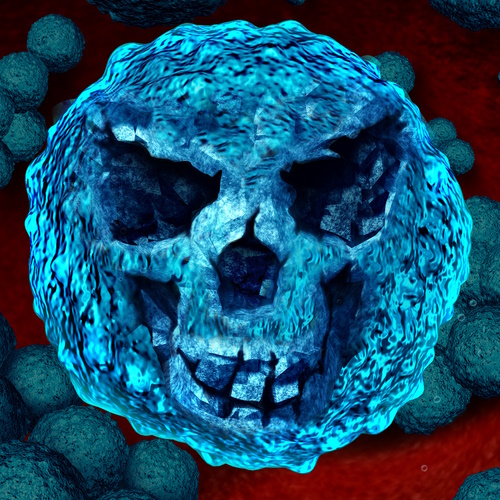Key points from article :
A team from Wockhardt Limited, with support from India's Biotechnology Industry Research Assistance Council (BIRAC), has developed Nafithromycin, a groundbreaking antibiotic targeting drug-resistant pneumonia. The work is a major step in the global fight against antimicrobial resistance (AMR), a silent pandemic causing millions of deaths each year.
Soon to be available under the brand name Miqnaf, Nafithromycin is designed to treat community-acquired bacterial pneumonia (CABP) in adults, particularly cases where traditional antibiotics like azithromycin no longer work. Unlike older treatments requiring longer courses, Nafithromycin offers an ultra-short, once-daily, three-day therapy — thanks to its ability to stay active in the lungs for extended periods.
Nafithromycin is a novel semi-synthetic macrolide, the first new antibiotic in its class developed worldwide in over 30 years. Clinical trials across the US, Europe, and India show it is 10 times more effective than azithromycin, with a clinical cure rate of 96.7%, superior safety, and excellent tolerability.
Developed over 14 years with an investment of ₹500 crores, Nafithromycin also promises better patient compliance, affordability, and accessibility in India, where drug-resistant infections are a major healthcare challenge. However, experts like Dr. Sulaiman Ladhani and Dr. Tushar Tayal stress the need for cautious use to avoid future resistance.
The drug awaits final manufacturing approval from the Central Drugs Standard Control Organisation (CDSCO).







